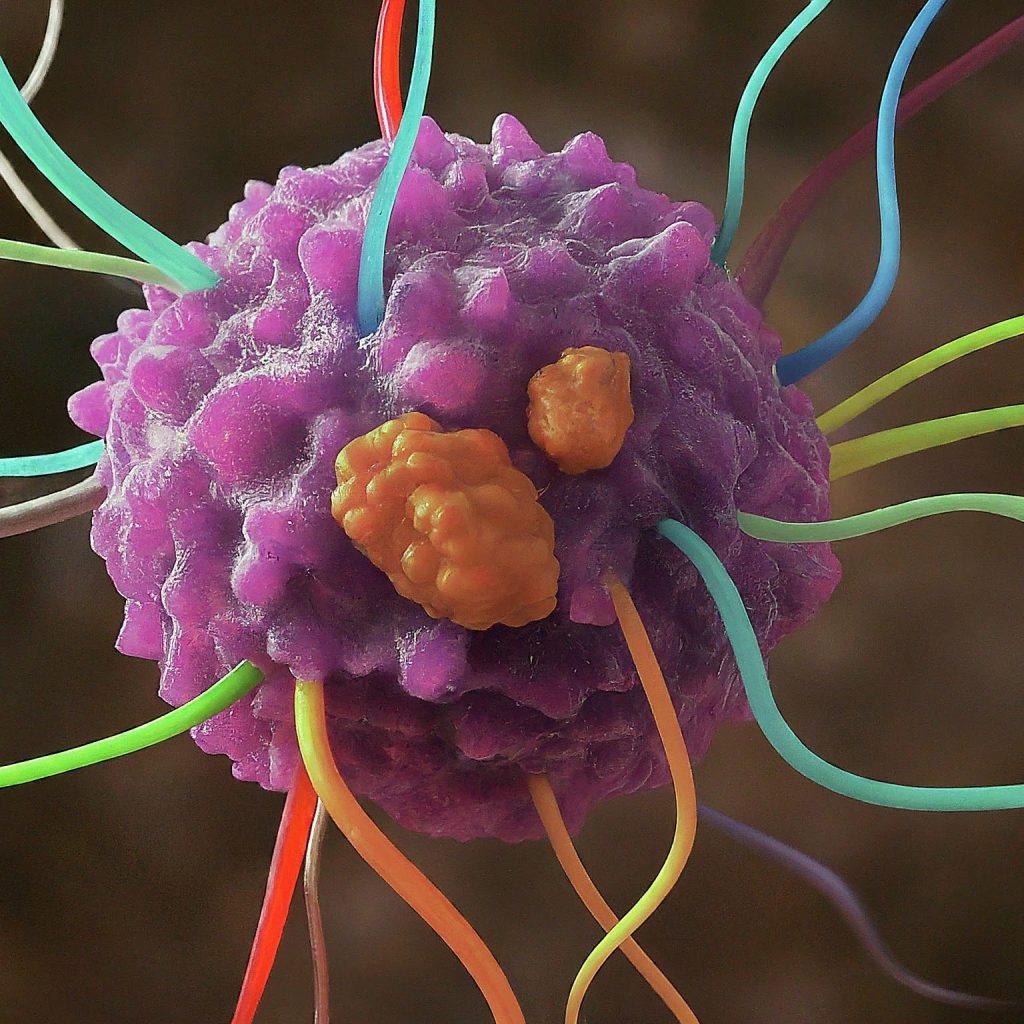Unveiling the Secrets of Insulinomas: How Epigenetics Might Hold the Key

Unveiling the Secrets of Insulinomas: How Epigenetics Might Hold the Key
Ever heard of an insulinoma? It’s a rare type of pancreatic tumor that forms in the beta cells, the very cells responsible for producing insulin. These tumors can cause the body to churn out too much insulin, leading to dangerously low blood sugar levels.
While the medical community has a good grasp of how insulinomas work, the exact reasons behind their development remain a bit of a mystery. But researchers are hot on the trail, and a new area of investigation is shedding light on potential culprits: epigenetics.
Epigenetics 101: Beyond the Genes
Our DNA is like the blueprint for life, but it’s not the whole story. Epigenetics refers to the chemical modifications that can switch genes on or off, influencing how they’re expressed without changing the underlying DNA code itself. Think of it like dimmer switches controlling the brightness of individual lights in a house.
The Epigenetic Fingerprint of Insulinomas
Recent studies have focused on the epigenetic profile of beta cells in insulinomas. Imagine these tumor cells having a unique “fingerprint” of epigenetic modifications. Researchers believe that by studying this fingerprint, they can uncover how these normal insulin-producing cells turn cancerous.
Here’s the exciting part: the findings suggest that despite having various genetic mutations, insulinomas tend to share a common epigenetic profile. This commonality might be the key to understanding how these tumors develop and ultimately pave the way for new treatment options.
Why This Matters: A Beacon of Hope
If scientists can pinpoint the specific epigenetic changes associated with insulinomas, they could potentially develop drugs that target these modifications. This could lead to more effective treatments for insulinoma patients, offering a brighter future for those battling this rare condition.
The Future of Insulinoma Research
Epigenetic research on insulinomas is still in its early stages, but the initial findings are promising. As research continues, we can expect to gain a deeper understanding of these tumors and potentially unlock new avenues for diagnosis, treatment, and even prevention.
Stay Tuned: The Epigenetic Revolution in Cancer Research
The study of epigenetics is revolutionizing our understanding of cancer, and insulinomas are just one piece of the puzzle. By unraveling the epigenetic secrets of various cancers, researchers hope to develop a new generation of targeted therapies for a wide range of tumors. The future of cancer treatment might be written not just in our genes, but also in the fascinating world of epigenetics.






